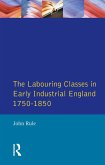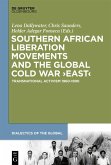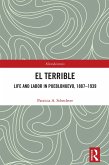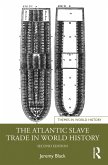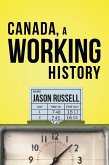Outsourcing African Labour in the Nineteenth Century: Kru Migratory Workers in Global Ports, Estates and Battlefields structures the fragmented history of Kru workers into a coherent global framework. The migration of Kru workers in the Atlantic, Indian and Pacific Oceans, in commercial and military contexts represents a movement of free wage labour that transformed the Kru Coast into a homeland that nurtured diasporas and staffed a vast network of workplaces. As the Kru formed permanent and transient working communities around the Atlantic and in the British Caribbean, they underwent several phases of social, political, and economic innovation, which ultimately overcame a decline in employment in their homeland on the Kru Coast by the end of the nineteenth century by increasing employment in their diaspora.
There were unique features of the Kru migrant labour force that characterized all phases of its expansion. The migration was virtually entirely male, and at a time when slavery was widespread and the slave trade was subjected to the abolition campaign of the British Navy, Kru workers were free with an expertise in manning seaborne craft and porterage. Kru carried letters from previous captains as testimonies of their reliability and work ethic or they worked under the supervision of experienced workers who effectively served as references for employment. They worked for contractual periods of between six months and five years for which they were paid wages. The Kru thereby stand out as an anomaly in the history of Atlantic trade when compared with the much larger diasporas of enslaved Africans.
Dieser Download kann aus rechtlichen Gründen nur mit Rechnungsadresse in A, B, BG, CY, CZ, D, DK, EW, E, FIN, F, GR, HR, H, IRL, I, LT, L, LR, M, NL, PL, P, R, S, SLO, SK ausgeliefert werden.



